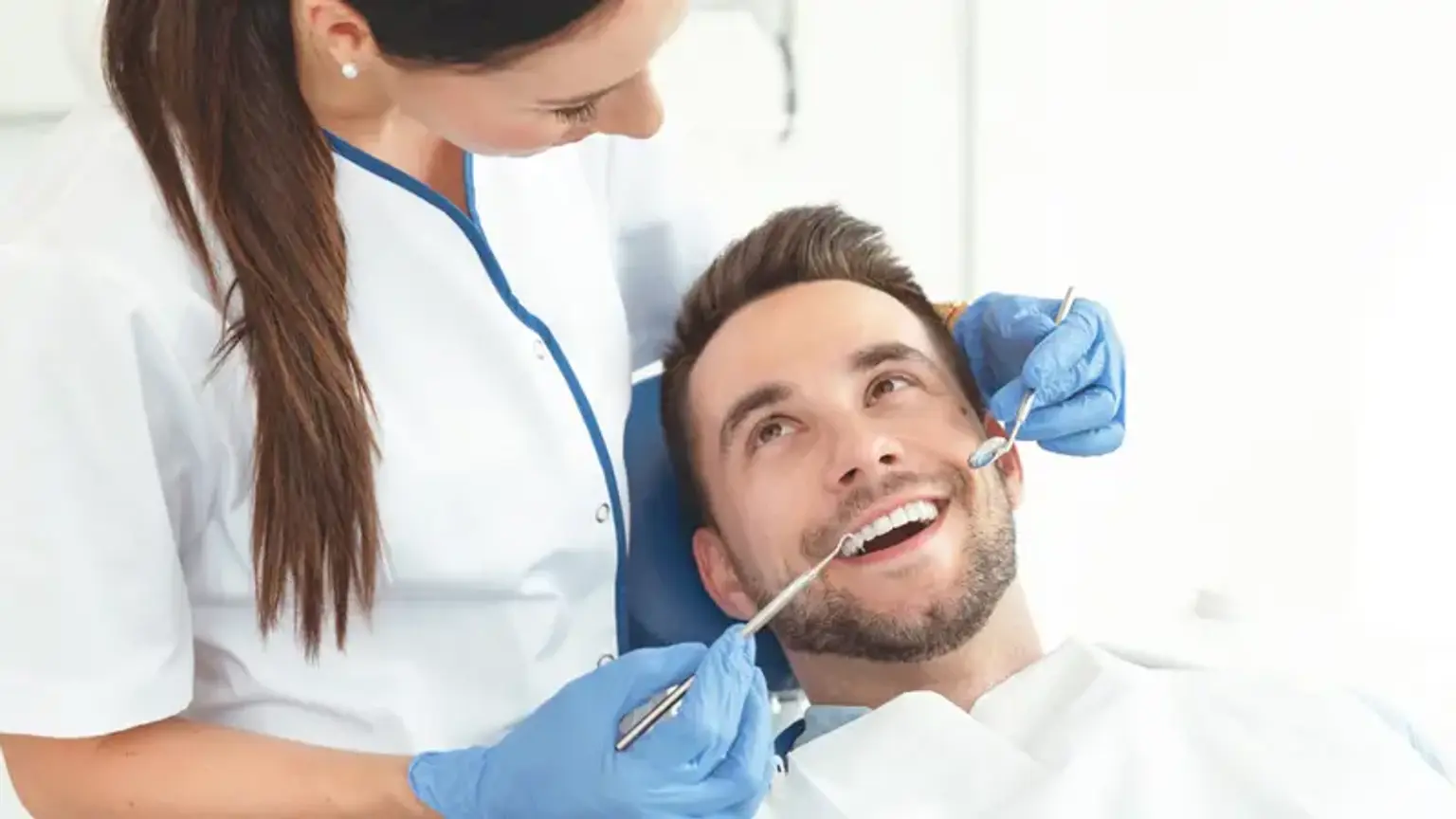Preventive Dentistry
Overview
Preventive dentistry is the modern approach to keeping your mouth healthy. It allows you to keep your teeth longer and requires less dental treatment. Tooth decay and gum disease are the two most common causes of tooth loss. The better you prevent or deal with these two issues, the more likely are to keep your teeth for life.
When the dental team and the patient collaborate, it is possible to avoid the need for treatment, particularly fillings and extractions. The dental team may recommend a course of treatment to get your mouth in good shape, followed by a 'maintenance plan' to help keep it that way.
